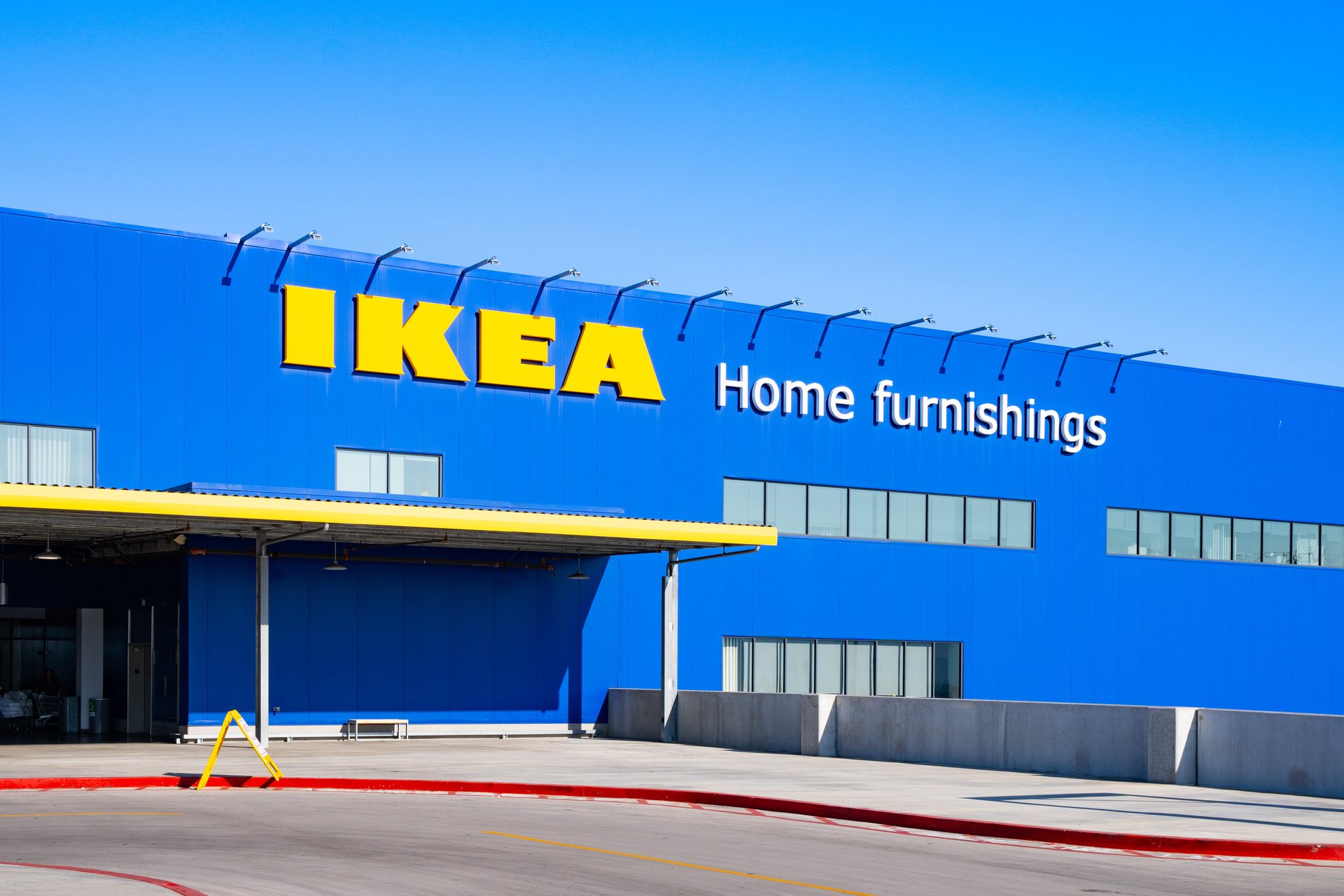IKEA is paying employees more to stop them from quitting
The Swedish furniture maker is also boosting benefits and work flexibility to improve retention

IKEA is going to great lengths to keep its employees from quitting.
Suggested Reading
According to a Bloomberg report, the Swedish furniture maker recently experienced a rash of employee departures, with the company losing over 62,000 employees around the world in 2022, a time during which the company was flooded with news of disgruntled employees. Each time an employee left, it cost IKEA roughly $5,000 to replace them.
Related Content
Since then, the company has made a number of adjustments, including hiking wages, improving parental leave benefits, and even leaning on AI to gauge whether employees will quit. And now, nearly two years later, more workers are sticking around. According to Ingka Group, IKEA’s largest franchisee, which operates hundreds of IKEA locations, the quit rate has declined from 22.4% in August of 2022, to just 17.5% in April of this year.
Bloomberg reports that IKEA has made it a point to adjust its approach by region. In the U.K. and Ireland, IKEA’s part-time workers, which make-up two-thirds of its labor force and generally answer calls from customers, can work more hours remotely. In India, parents are being given subsidized daycare, weeks of parental leave, and a five-day workweek. Before the changes, employees with children were quitting because of limited childcare related benefits.
Meanwhile, in the U.S., IKEA is working with the Shift Project to pilot test an online tool that lets employees change and set their availability. The company is also using “Stay,” an AI powered tool that looks at data from previous employees and current ones. The tool is intended to flag to IKEA managers if an employee changes their hours repeatedly, and whether that signals they they are likely to quit.
Separately, IKEA said last week that it was looking to hire 10 people to work in its virtual store on the gaming platform Roblox. Those remote employees will be tasked with serving meatballs and helping shoppers inside the game.
